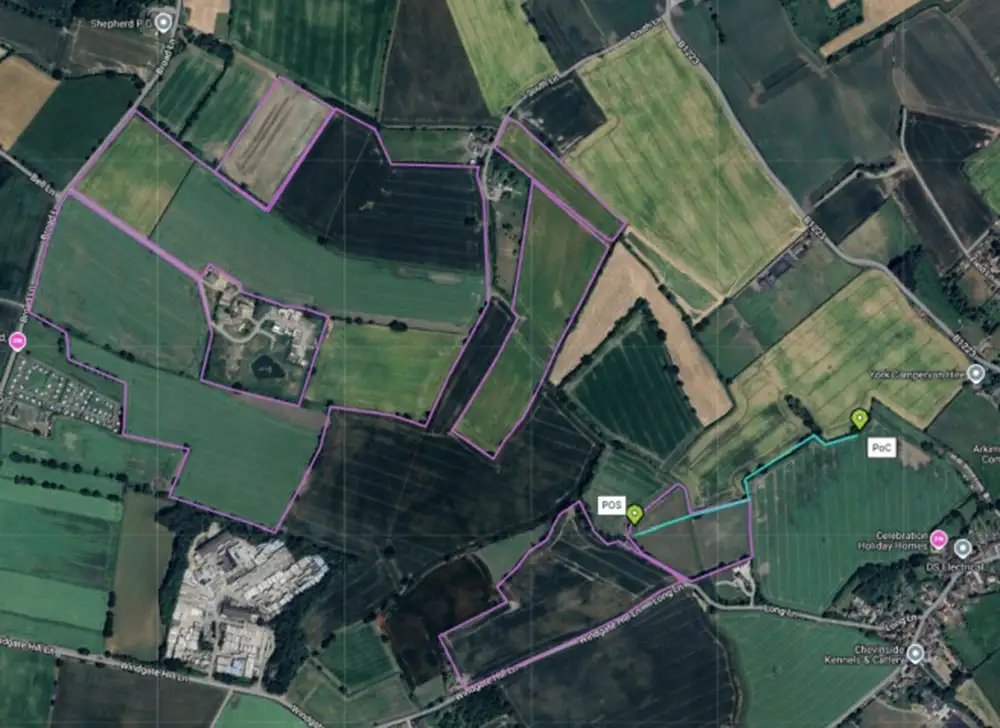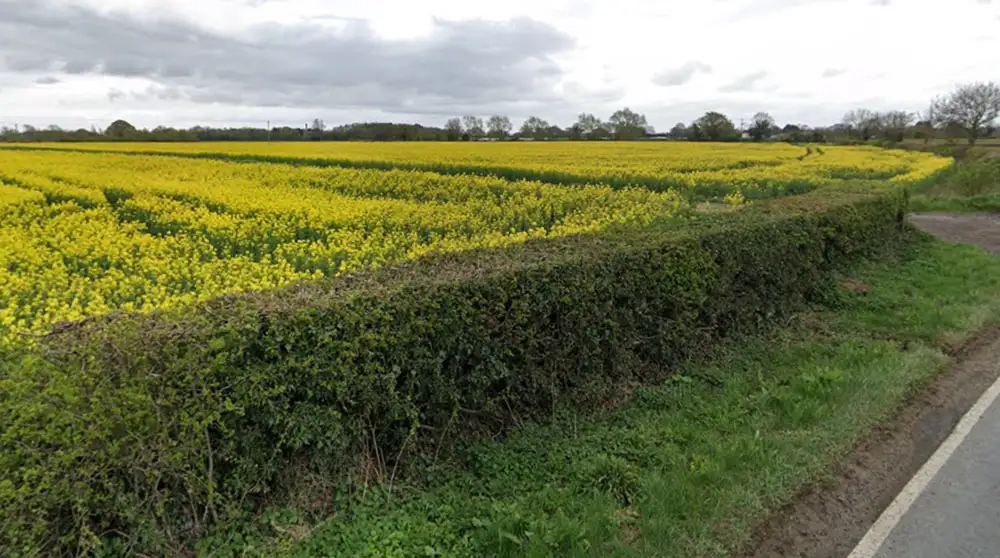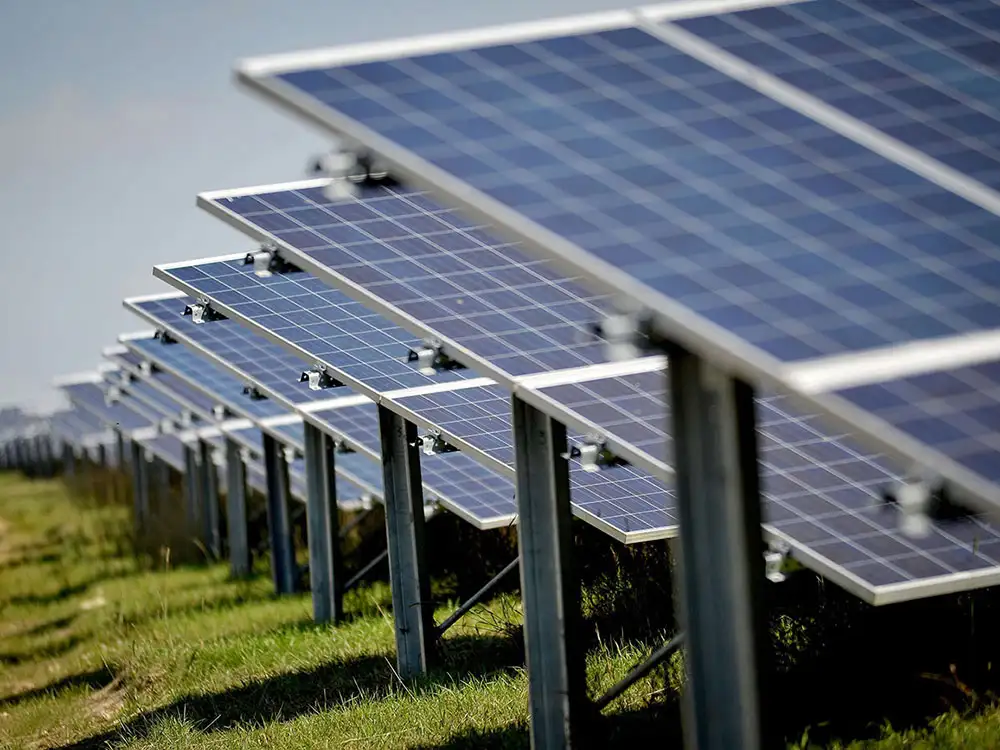The latest large solar farm planned for the former Selby district has prompted fresh concerns about good quality agricultural land being used for green energy schemes.
A planning application is being prepared for a 49.9MW solar farm and battery energy storage scheme (BESS) on farmland between the villages of Cawood and Wistow, near Selby.
Renewable energy company Quintas Cleantech says the Wiswood solar farm would power the equivalent of 15,150 homes.
The proposed 10MW battery scheme would store excess energy to be used later in the day when demand was higher.
An environmental impact assessment scoping opinion report has been submitted to North Yorkshire Council ahead of a full application being filed, while an initial consultation exercise has been held with local residents.
The applicants say the scheme would “protect” the 60 hectares of fields covered by the development, with the land still able to be grazed while used as a solar farm.
Supporting documents add: “A key aspect of the proposal is to provide biodiversity enhancements across the site, beyond the national requirement of 10 per cent.
“This and the need for any planting to enhance landscape character and reduce potential impacts to visual amenity will be informed by the ecological survey works and the landscape and visual impact assessment.

“The proposal will have a lifespan of 40 years, after which all equipment will be removed from the site and the land will continue to be used for agriculture.”
The same energy company also wants to build a 30MW solar farm, along with a BESS capable of storing up to 10MW of electricity, on farmland either side of the A163 Market Weighton Road at nearby Barlby.
Several other solar farms have been planned for the area, including the Helios scheme which would see a 190MW farm built on land near the village of Camblesforth.
North Yorkshire councillor Stephanie Duckett, member for the Barlby division, said there had been a proliferation of schemes being proposed for the former Selby district recently.
She said: “The main problem is that they are being planned on good agricultural land. They say they will return the land back to agricultural land after 40 years, but who knows if these companies will still be around to pay to get rid of all that concrete you need to set up these solar farms.”

Cllr Duckett said she would prefer the solar schemes to be built on poorer agricultural land or on brownfield sites such as the location of the proposed Olympic Park development in Selby.
She added: “That would make much more sense than building these on good agricultural land.”
Planning authorities have previously been encouraged to encourage solar farms on poorer quality land rather than agricultural land classes as ‘best and most versatile’ (BMV).
The developers behind the Wiswood solar farm say detailed soil assessments will be included with the planning application to find out if the proposed site is BMV.
The supporting documents state that should the site be considered as BMV, this would not preclude the development of the land as a solar farm and BESS.
